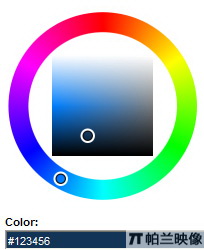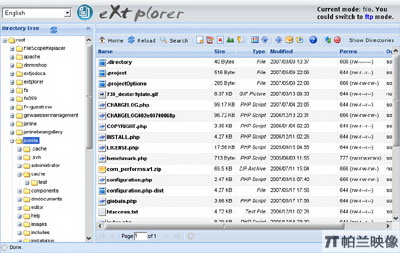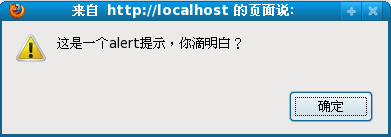|
|
The name must conform to RFC 2109. That means it can contain only ASCII alphanumeric characters and cannot contain commas, semicolons, or white space or begin with a $ character. The cookie's name cannot be changed after creation.
The value can be anything the server chooses to send. Its value is probably of interest only to the server. The cookie's value can be changed after creation with the setValue method.
By default, cookies are created according to the NETscape cookie specification. The version can be changed with the setVersion method.
以上是Java API文檔中對Cookie類構(gòu)造函數(shù)的說明,重點對name和value可以使用的字符進行了介紹。
參數(shù)name需要遵循規(guī)范RFC2109,也就是說name參數(shù)只能包含字母或者數(shù)字,不能包含逗號、分號、空格及美元符號。cookie的name屬性設(shè)置之后不能被修改。
參數(shù)value可以是服務端設(shè)置的任意值,該值可以通過setValue方法進行重新設(shè)置。
然后實際情況并非如此!!
(1)value值中不能包含逗號,如果value中包含逗號則程序無法編譯。
如果value中包含逗號,如下:
Cookie pwdCookie = new Cookie("option", "block1,block2");
則異常如下:
Java.lang.IllegalArgumentException: block1,block2
在另外一篇關(guān)于JavaScript操作cookie的文章中提到:
在cookie 的名或值中不能使用分號(;)、逗號(,)、等號(=)以及空格。
總之,盡量不要在cookie中使用特殊字符。
JavaScript技術(shù):不要在cookie中使用特殊字符的原因分析,轉(zhuǎn)載需保留來源!
鄭重聲明:本文版權(quán)歸原作者所有,轉(zhuǎn)載文章僅為傳播更多信息之目的,如作者信息標記有誤,請第一時間聯(lián)系我們修改或刪除,多謝。



